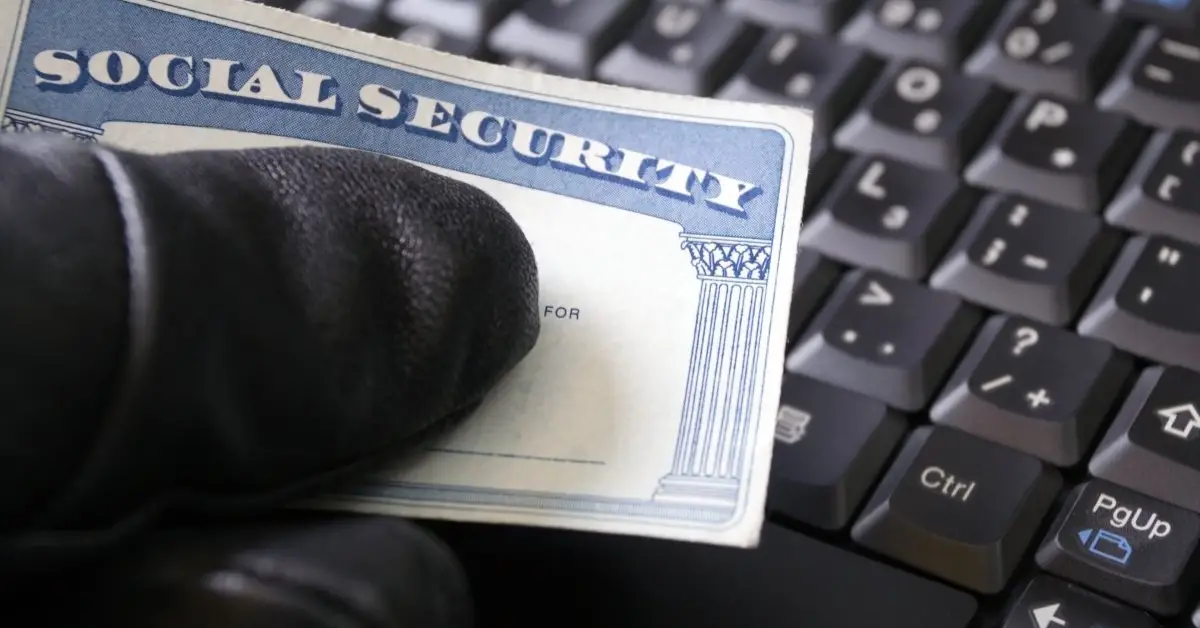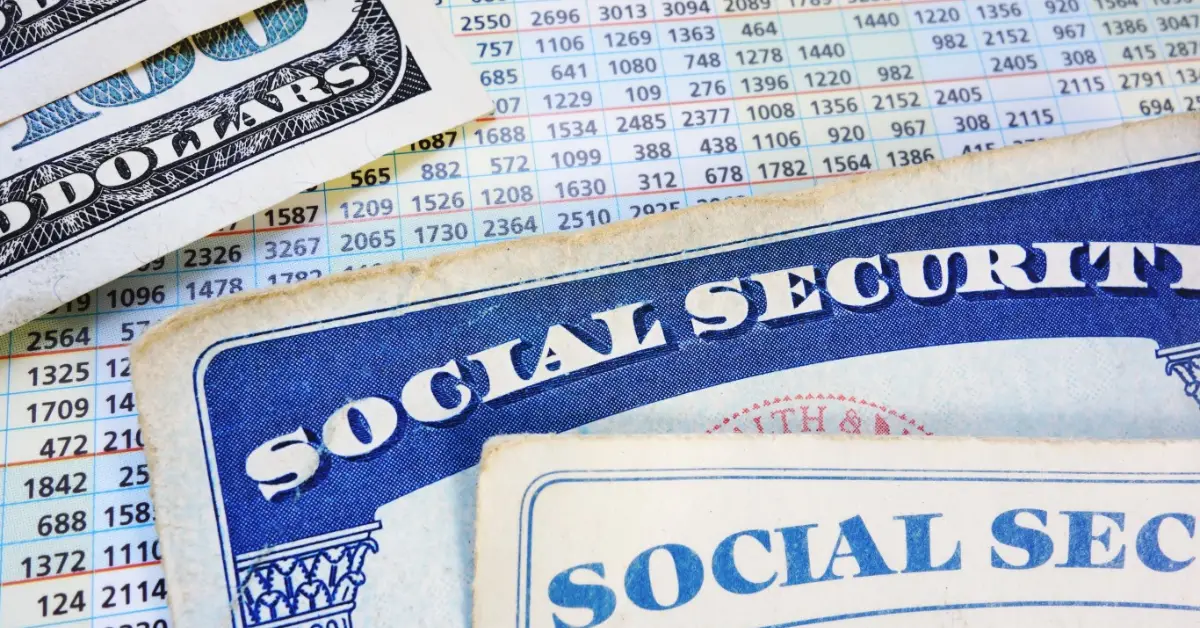A Social Security Number (SSN) is far more than just a number. It plays a critical role in almost every aspect of your financial and personal life. Your SSN is required for filing taxes, applying for credit, enrolling in government programs, and more. However, this important number can also be a target for identity theft, making it crucial to take steps to protect it.
A stolen SSN can lead to devastating consequences, such as identity theft, financial fraud, and long-term credit damage. To avoid these risks, it’s essential to understand how to protect your SSN and reduce the chances of it being compromised. In this article, we will discuss practical steps you can take to keep your digits safe from fraudsters.
1. Understand the Importance of Your Social Security Number
Your SSN is unique to you and is used by various agencies and institutions to track your earnings, pay taxes, and manage social benefits. It’s one of the most important identifiers of your identity, making it valuable to both legitimate organizations and criminals alike. Fraudsters can use a stolen SSN to open credit cards, apply for loans, or even file fake tax returns in your name. The damage caused by this type of identity theft can be extensive, so it’s important to take all necessary precautions to protect your SSN.
2. Don’t Carry Your Social Security Card
One of the most effective ways to keep your SSN safe is by not carrying your Social Security card with you. It should only be used when absolutely necessary, such as when applying for a job or certain government benefits. Keeping it in a secure location at home, such as a locked drawer or safe, reduces the risk of losing it or having it stolen.
Carrying your Social Security card with you, even if it’s just for a short period of time, can be a huge risk. In the event that your wallet or bag is lost or stolen, your SSN could easily be accessed by a thief. Therefore, make it a habit to leave your card at home and only take it with you when required.
3. Be Cautious When Sharing Your SSN
You should never share your SSN unless absolutely necessary. While many organizations require it for various reasons, you should always ask why it is needed, how it will be used, and how it will be protected. Many companies or agencies may request your SSN, but if they do not have a legitimate reason for needing it, you are under no obligation to provide it.

If you’re asked for your SSN over the phone, through email, or on social media, be highly suspicious. These could be phishing scams designed to trick you into sharing your information. Legitimate organizations will never ask for sensitive information through these channels. If you’re unsure whether the request is genuine, contact the organization directly using a trusted contact method.
4. Shred Documents Containing Your SSN
Old paperwork that contains your SSN should be securely shredded before it is thrown away. This includes tax returns, medical records, pay stubs, and any other documents with your personal information. Many identity thieves will go through trash looking for sensitive information, and even the smallest detail, like a partial SSN, can be enough to steal your identity.
Invest in a cross-cut shredder to ensure that no one can piece together documents containing your SSN. This simple step makes it much harder for anyone to access your personal data from discarded paperwork.
5. Monitor Your Credit Regularly
A great way to protect your SSN is to monitor your credit regularly. Identity thieves can use your SSN to open new credit accounts in your name, and by the time you realize something’s wrong, it may be too late to fix it. By checking your credit reports at least once a year, you can quickly spot any suspicious activity.
The three major credit bureaus — Equifax, Experian, and TransUnion — are required to provide you with a free credit report once a year. Use these reports to check for any unfamiliar accounts or changes in your credit history. If you spot anything suspicious, report it immediately and take the necessary steps to correct any issues.
6. Consider a Credit Freeze or Fraud Alert
A credit freeze and a fraud alert are two excellent ways to protect your SSN and credit. A credit freeze blocks access to your credit report, making it nearly impossible for someone to open an account in your name. You must lift the freeze temporarily if you want to apply for credit, but this provides extra protection against identity theft.
A fraud alert, on the other hand, notifies creditors to take extra steps to verify your identity before opening new accounts. This can help prevent thieves from using your SSN to obtain credit in your name.
Both of these options are free and can provide added peace of mind if you’re concerned about the safety of your SSN.
7. Use Strong Passwords and Two-Factor Authentication
Many online services now require your SSN for identity verification. If you use your SSN on any online accounts, make sure those accounts are secure. Always use strong, unique passwords that include a mix of upper and lowercase letters, numbers, and special characters. Never reuse passwords across multiple accounts, as this makes it easier for hackers to gain access to your sensitive information.
Additionally, two-factor authentication (2FA) can be enabled wherever possible. This adds an extra layer of protection by requiring a second verification method, such as a text message or authentication app, to access your account.
8. Be Wary of Phishing Scams
Phishing scams are a common method used by cybercriminals to steal personal information, including your SSN. These scams typically come in the form of emails, phone calls, or text messages that appear to be from trusted sources, such as banks, government agencies, or online retailers. The goal of the scammer is to trick you into providing your SSN or other sensitive details.
If you receive a suspicious message, do not respond or click on any links. Instead, contact the organization directly using a phone number or email address you trust. Always verify the legitimacy of the request before sharing your SSN or any other personal information.
9. Protect Your SSN Online
If you ever need to share your SSN online, ensure that the website is secure. Look for “https://” at the beginning of the website address, and check for a padlock symbol next to the URL. These signs indicate that the website is encrypted and secure, which helps protect your data from hackers.
Avoid entering your SSN on any website that doesn’t appear legitimate or secure. Before you submit your SSN online, double-check that the website is trustworthy and that there is a real reason to provide this sensitive information.
10. What to Do if Your SSN Is Stolen
If you believe your SSN has been stolen, take immediate action. Contact the Social Security Administration (SSA) to report the theft, and consider placing a fraud alert on your credit report. Additionally, a report should be filed with the Federal Trade Commission (FTC) and the local police. This will help you start the process of repairing any damage caused by the theft.
You should also consider freezing your credit to prevent any further misuse of your SSN. With a credit freeze in place, no one will be able to open new accounts in your name.
Conclusion
Your Social Security Number is a key piece of your identity, and it’s crucial to take steps to protect it. By being cautious about when and where you share your SSN, shredding documents, and regularly monitoring your credit, you can help prevent identity theft and fraud. Don’t take chances with your SSN – safeguard it by following these simple steps to reduce the risk of damage.
Disclaimer: This article has been meticulously fact-checked by our team to ensure accuracy and uphold transparency. We strive to deliver trustworthy and dependable content to our readers.




